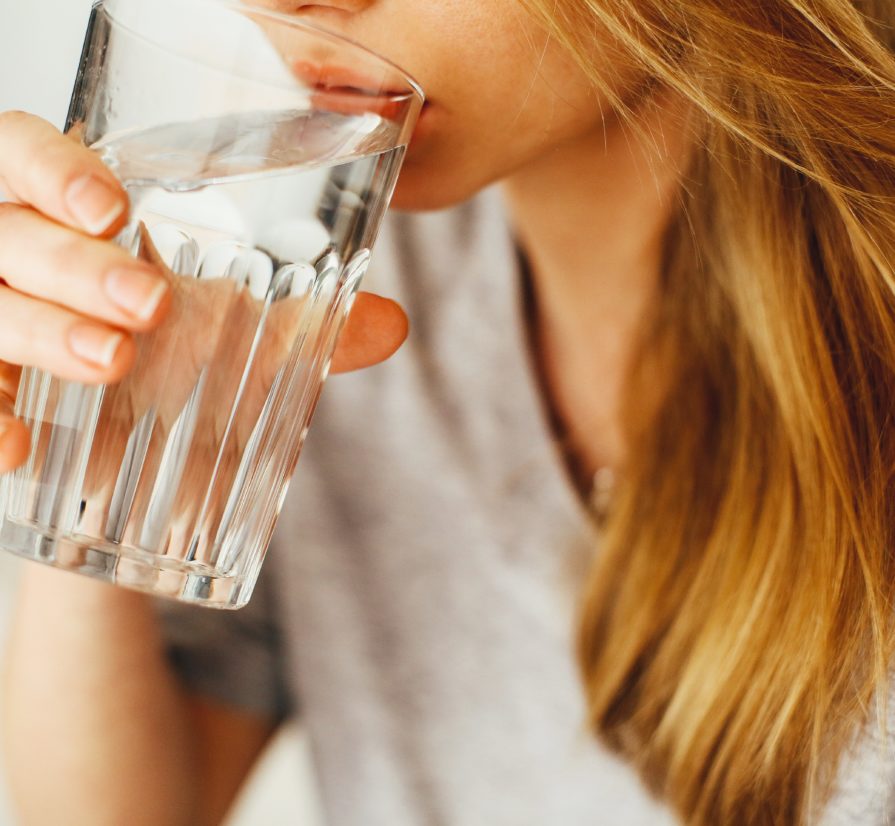
Experience The Benefits Of Softer Water In San Antonio
To make smart decisions for their homes, San Antonio residents need to understand a variety of different topics. One of these points includes how hard water can impact their comfort and efficiency. Did you know that hard water damages your skin and hair and can even cause wear and tear to appliances over time?
Many people are unaware of this, and that’s why our team at Mr. Plumber is here to describe the benefits of a water softener. If you’re looking for effective solutions to combat hard water issues, we’re here to help!
What Is Hard Water, Anyway?
In general, hard water is water with a high mineral content. These minerals are primarily calcium and magnesium. While they’re not necessarily harmful to your health, they can leave residue buildup on your fixtures, appliances and even your hair and skin!
The buildup happens as the water dries up, and the mineral content is left behind. Layers of residue can cause damage to appliances and fixtures such as pipes, dishwashers and water heaters. So, why should you deal with this issue if you have the option to avoid it? That’s a great question, and the answer is that you don’t have to!
Benefits Of A Soft Water System
Through an ion exchange process, a water softener can remove the minerals that cause buildup. While this in itself is an advantage for your home, you can expect to see the benefits in a variety of ways. Learn more as we break down these benefits below!
Soft Water Is Better For Your Home Appliances And Plumbing
Have you ever noticed the little white spots left on your dishes when all the water has dried up? These stains are caused by hard water. Now, imagine what the inside of your washer, water heater and plumbing pipes look like from being filled with water and drying up over and over again each day.
With the use of a water-softening system, you won’t have to worry about future repairs caused by avoidable residue damage. Mineral buildup will become a problem of the past!
Soft Water Requires Less Soap And Detergent
Soap and body wash tend to lather better when paired with soft water. Because of this, you can use less product while getting better results. You also won’t need to use as much detergent for your laundry, and you’ll likely notice it feels much softer after you wash it.
With a water softener installation reducing the amount of soap and detergent used at a time, you can save money on products long-term.
Soft Water Leads To Softer Skin And Hair
Removing harsh minerals from the water in your home will mean there’s less of a chance for residue to accumulate on your body. This factor is particularly helpful if you or someone in your home deals with any special skin conditions.
The absence of this mineral buildup has the power to leave your hair and skin feeling luxuriously soft, healthy and smooth!
Who Should Get A Water Softener?
There are specific situations that increase a homeowner’s need for a soft water system. For instance, homes that are on well water systems or homes that have extremely hard water — at or over 300 parts per million — would need a water softener.
Geographic location can also cause hard water problems. In San Antonio, the natural terrain and sources from which we draw our water tend to have a high mineral content that makes a softening system a necessary addition to homes.
It’s crucial to consult with a professional water treatment team if you suspect your home’s water supply might be unsafe or too hard for everyday use. In San Antonio, our setting makes it important to be vigilant about water quality and to consider the benefits of a water softener system.
Maintaining Your Water Softener
Maintaining your soft water system is key to its efficiency and longevity, especially in areas like San Antonio. Follow these essential steps to ensure your system remains in top condition:
- Regular salt refills — Monitor and replenish the salt in your brine tank regularly, depending on your water usage and the initial hardness of your water.
- Brine tank cleaning — To prevent issues like salt bridges and mushing, clean your brine tank thoroughly every year.
- Annual professional checks — Schedule a yearly inspection with a water treatment professional to ensure all components function well.
Call A Water Softener Company You Can Trust
For all your home’s plumbing needs, Mr. Plumber is here to serve you! Since 1977, our professional team of water treatment experts has been getting plumbing services done right for you the first time. Contact us today to schedule your water softener installation!


